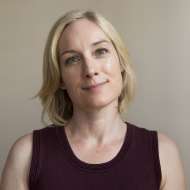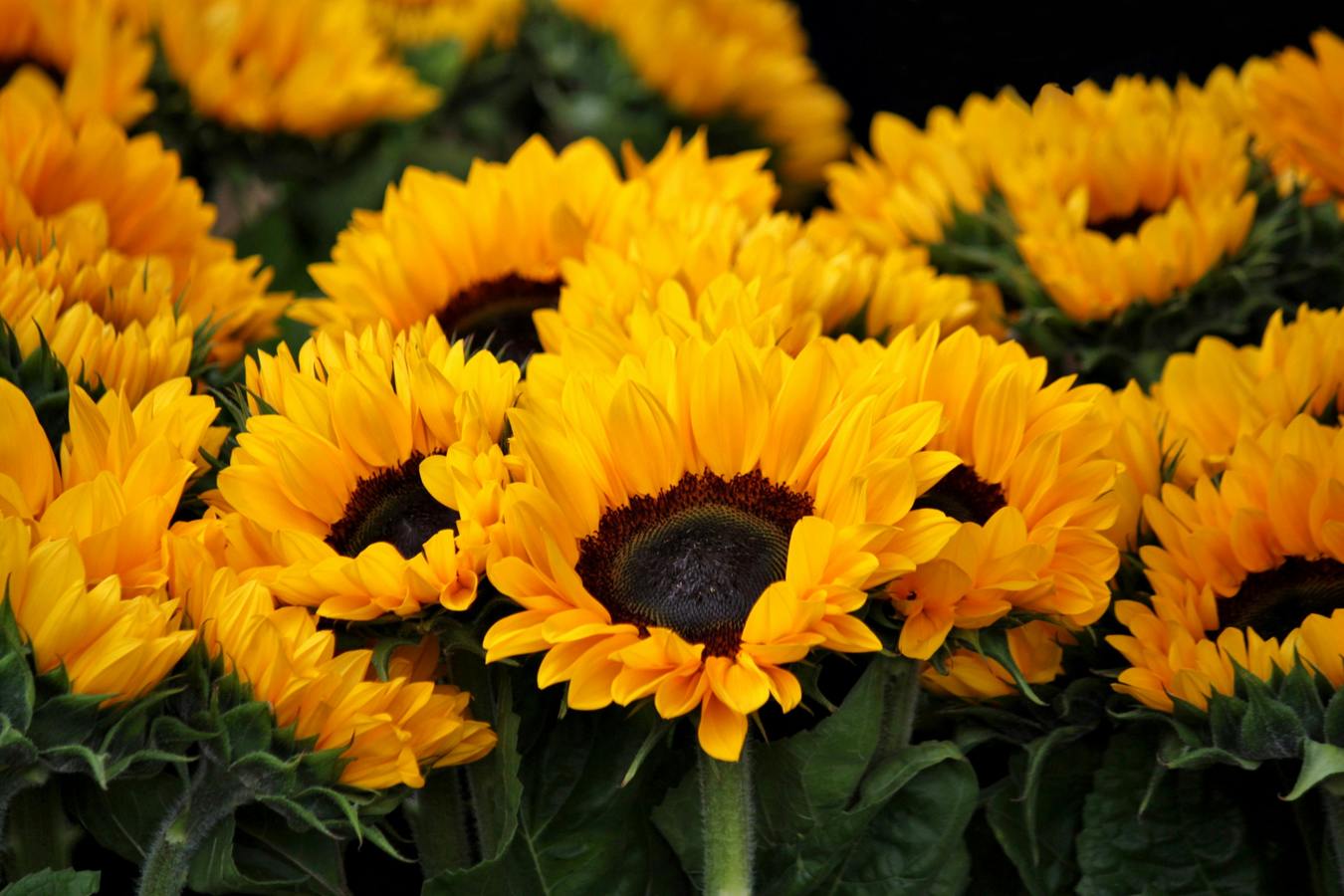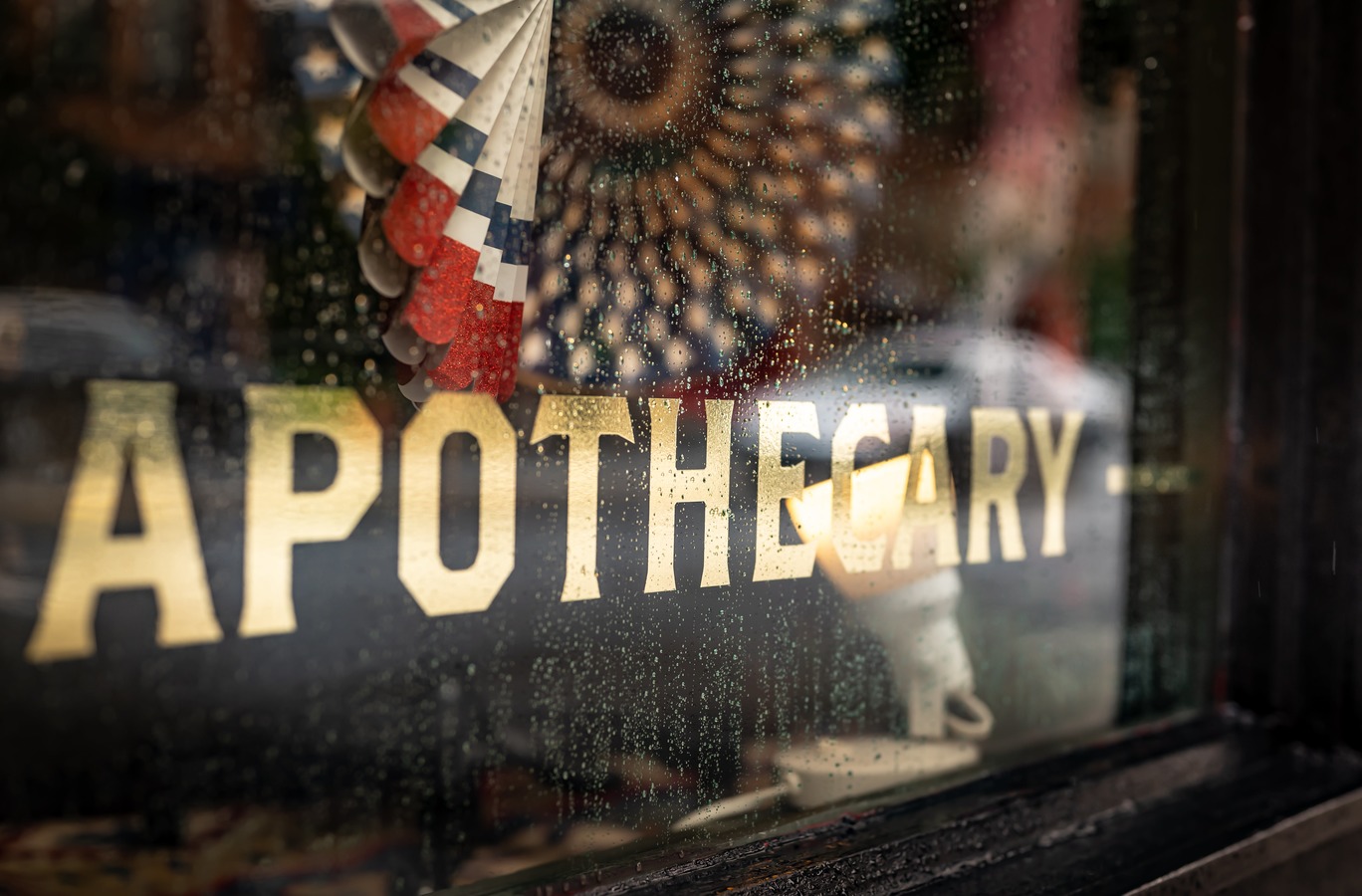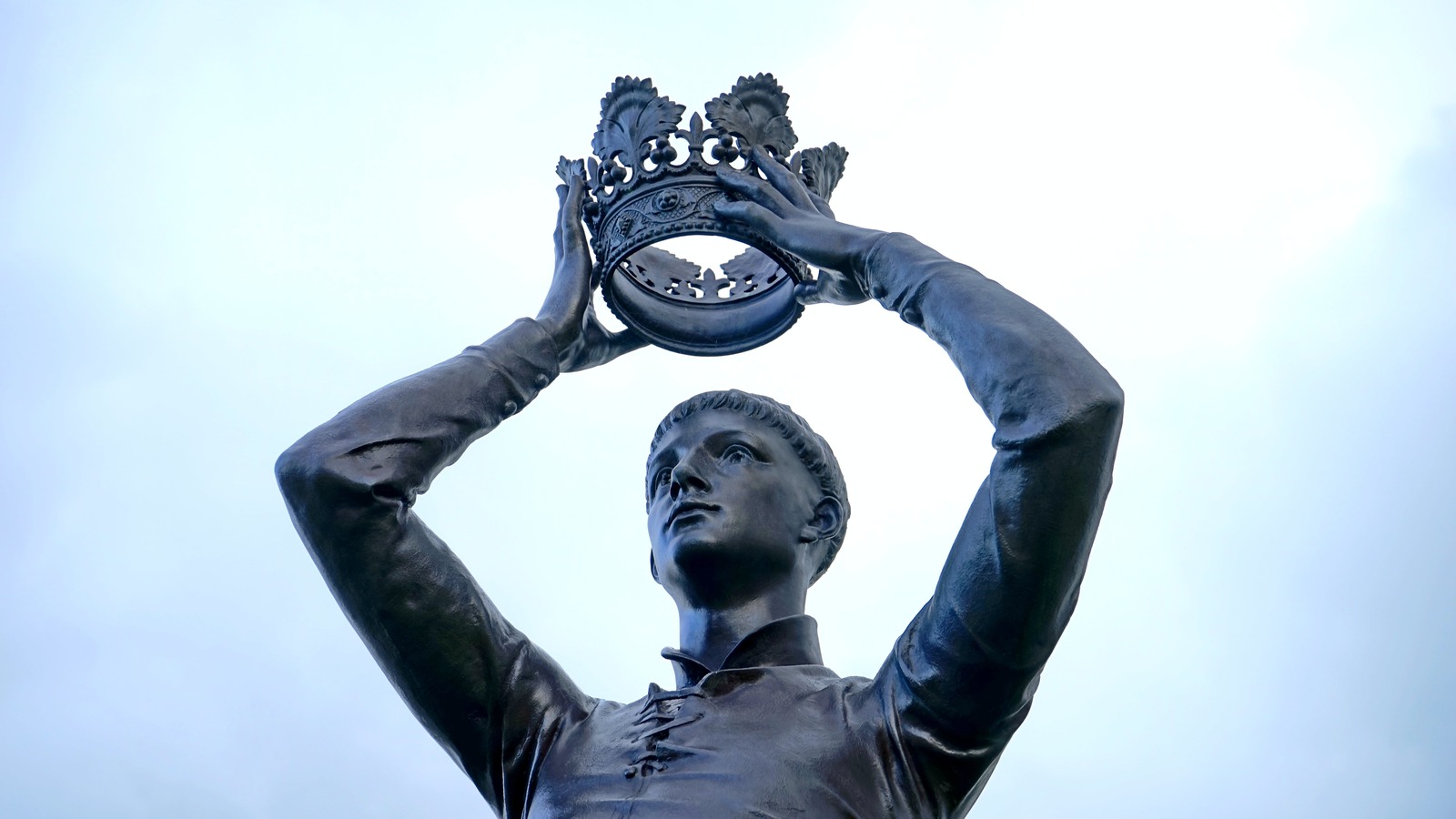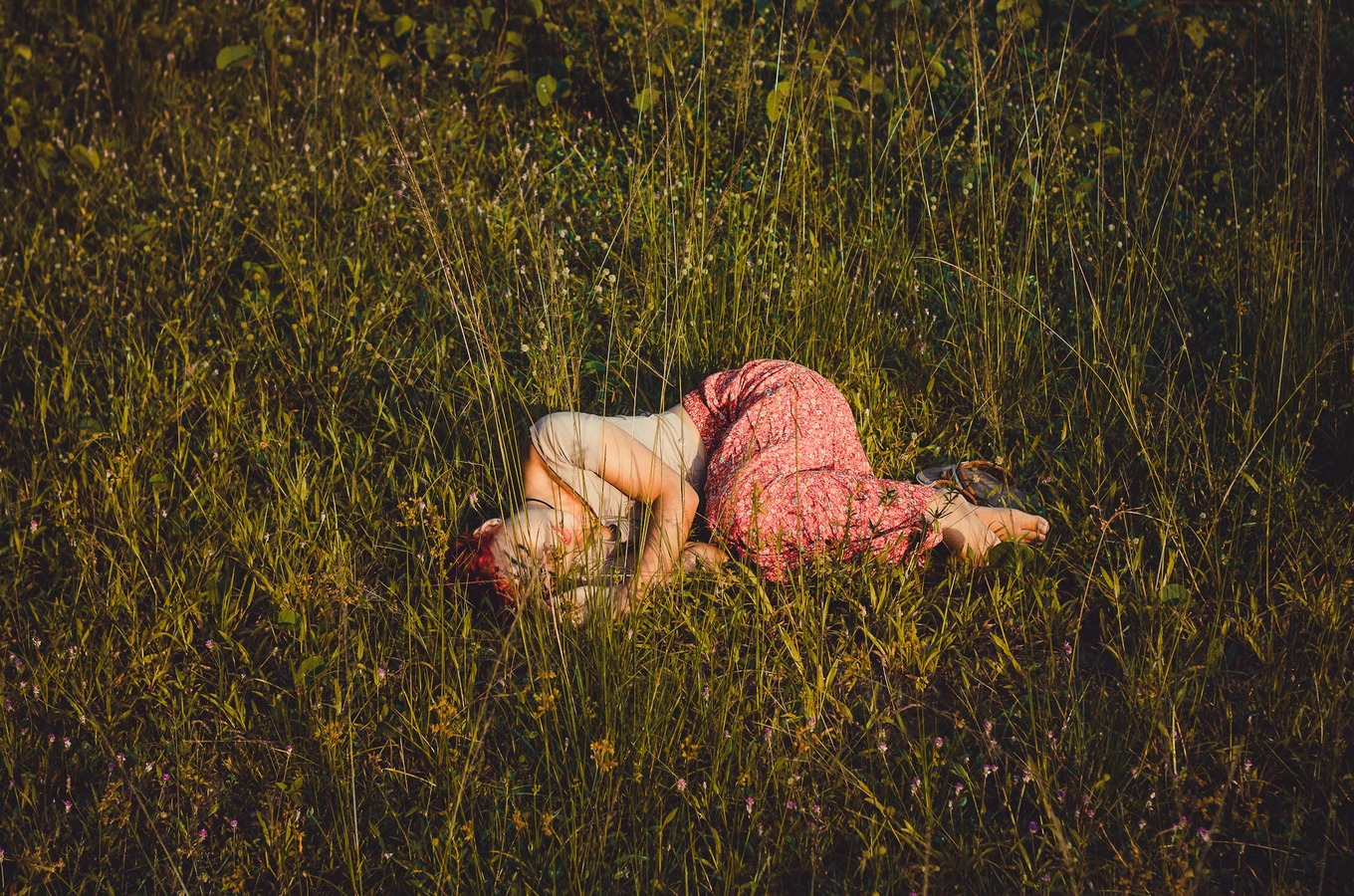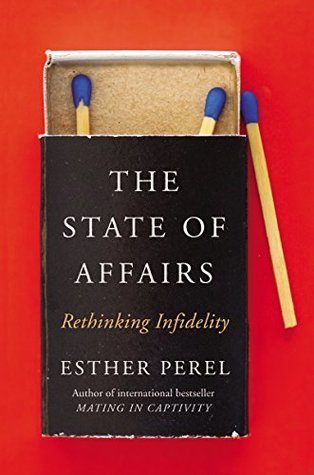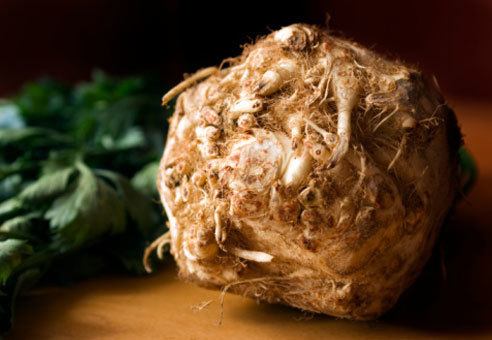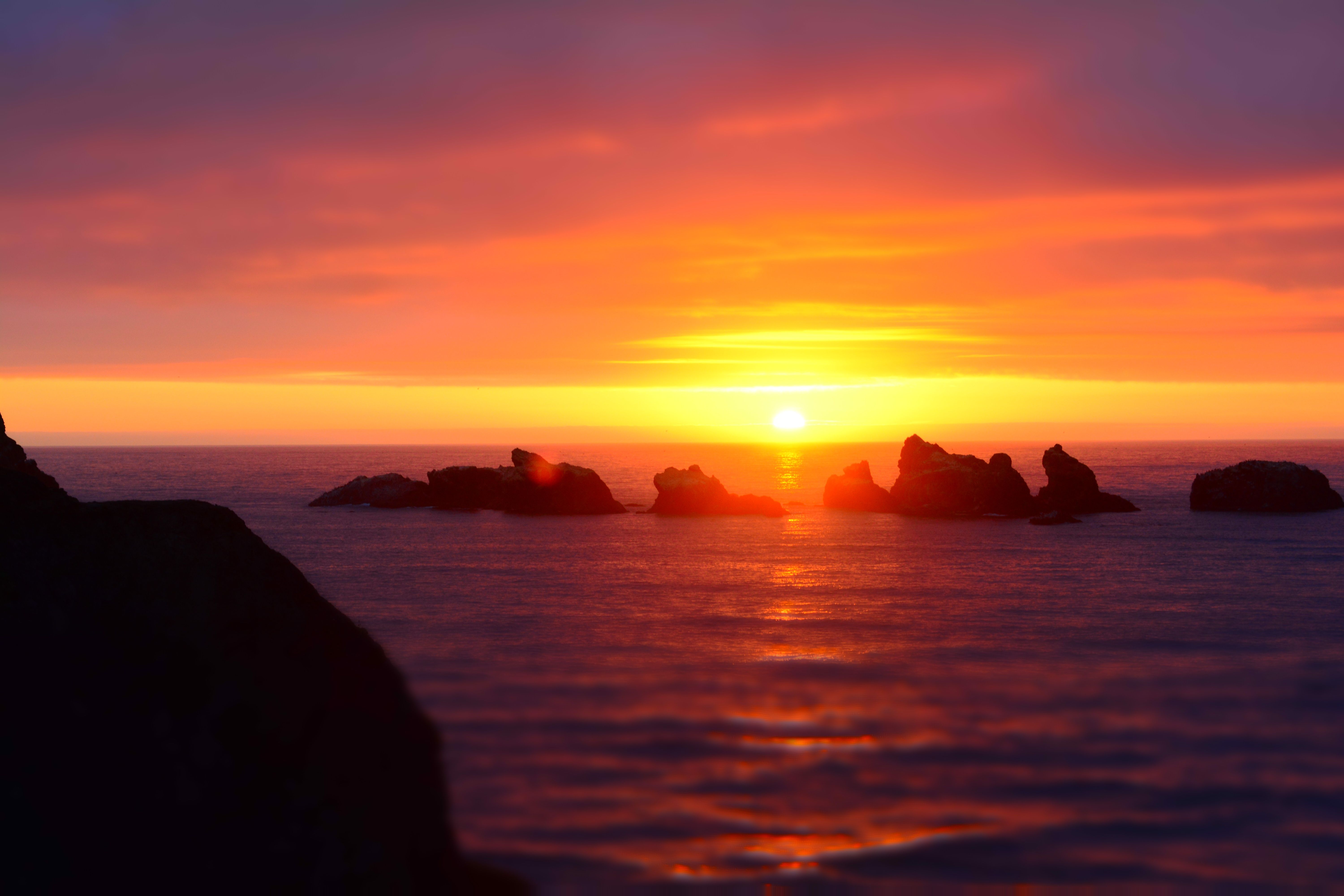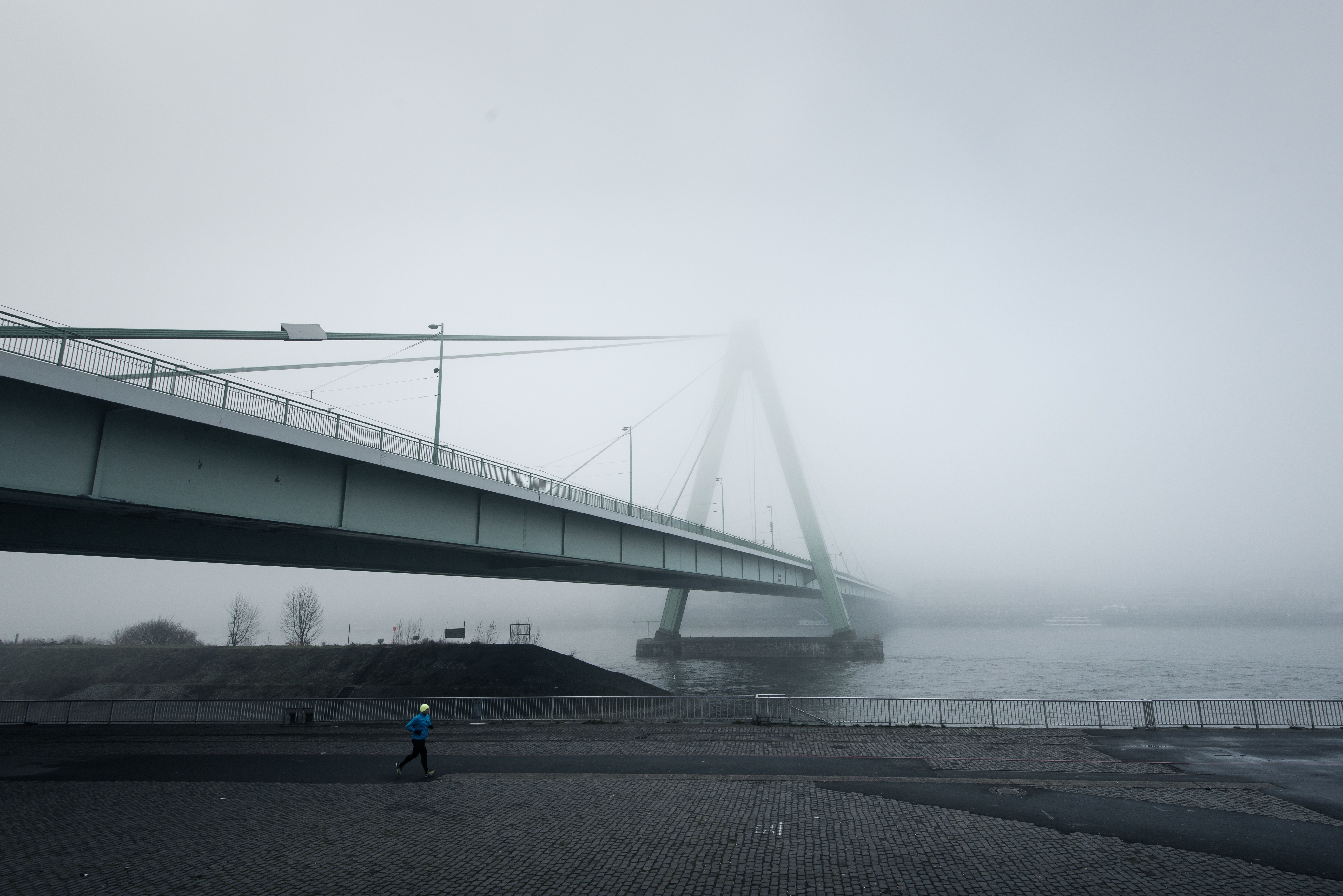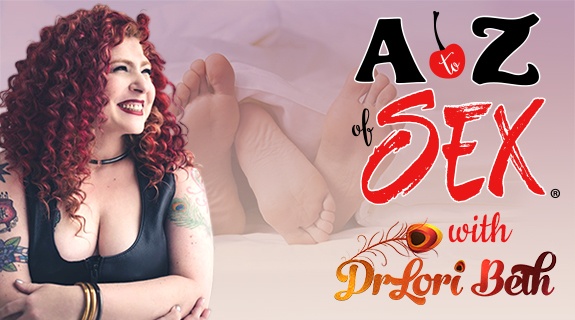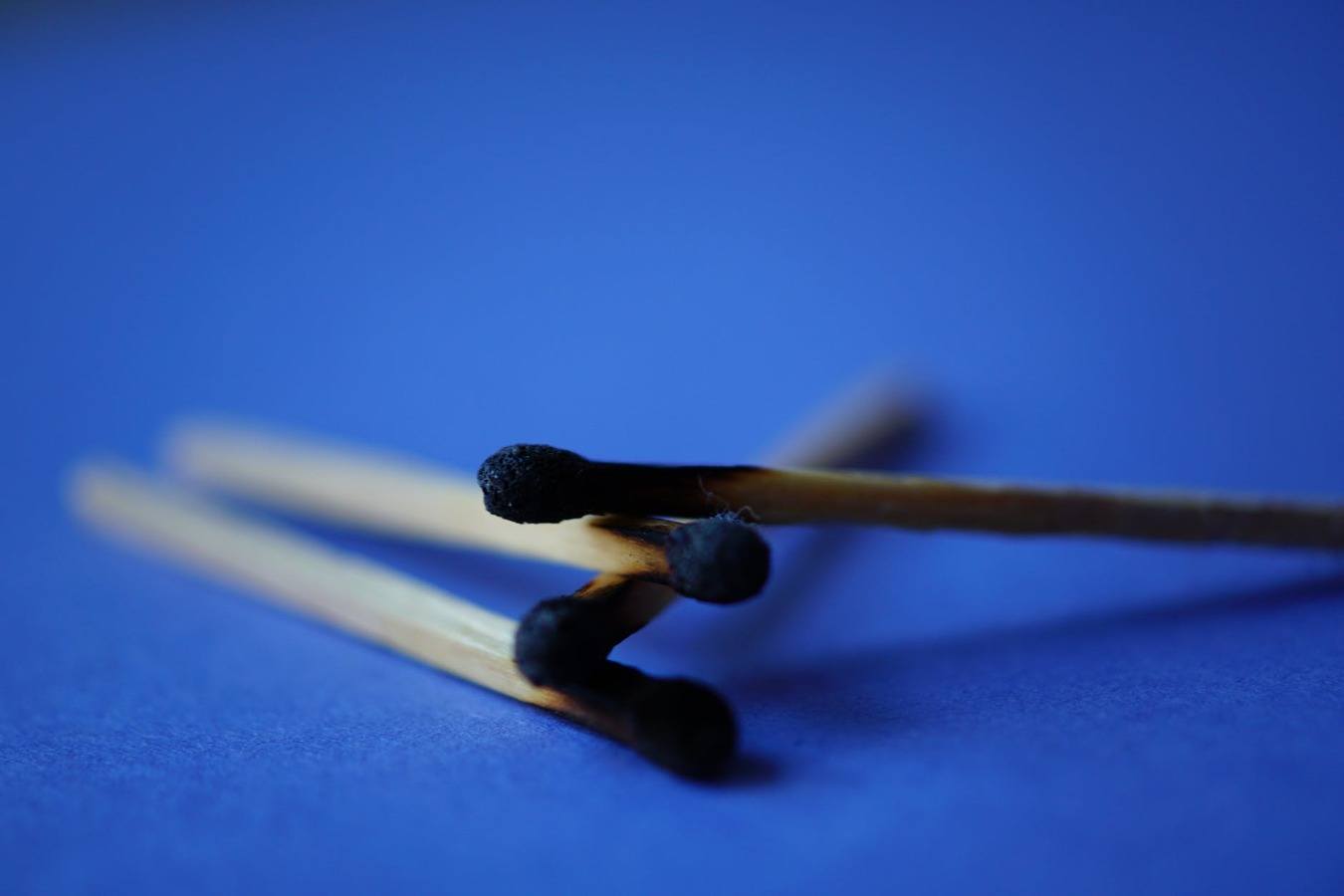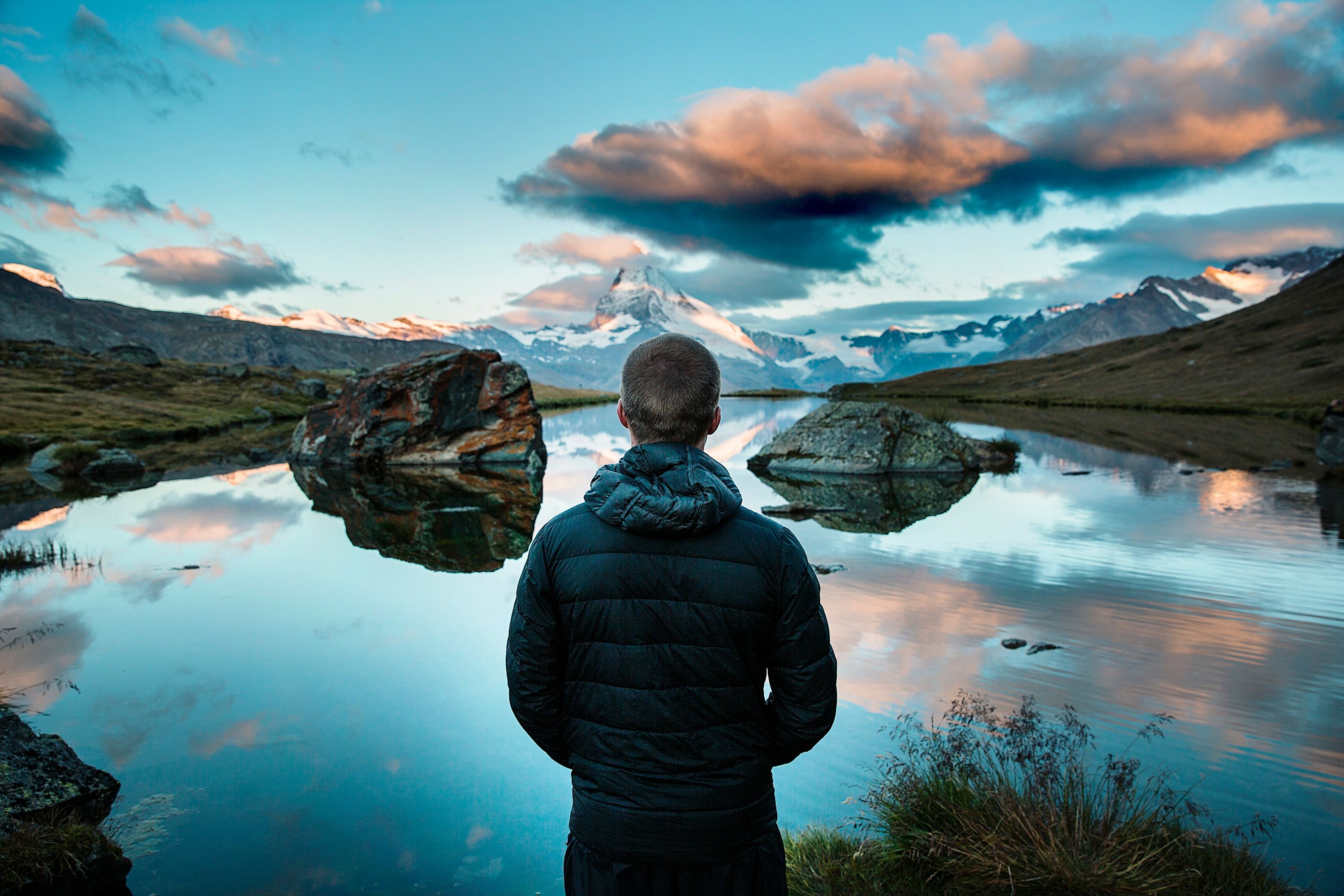When it comes to conversations about sex with children, talking about your own sexuality, especially when it is not”hetero”, can be something that many people are not prepared for. Beyond that, there is telling people what you tell your kids.
This is how it usually goes for me.
“But what do you tell your children?”
“I tell them the truth – I tell them that Mummy is bisexual.”
*face contorts in a struggle to not look shocked*
That sentence seems to shock people. And, leaving aside the issue of stereo-typing re age, not just “old” people but almost EVERYONE seems to be surprised when I tell them that, yes, I tell my kids (age 9 and 11) that I’m bisexual. I almost always find myself adding the sentence “in an age appropriate way, of course!” as if the merest mention of sex and talking about sex means that pornographic amounts of detail sharing is also assumed.
It was this habit, as well as the genuine horror on a 40 year old woman’s face recently when I said that sentence at an event, that got me thinking.
It is as if we associate the word sex or [insert word other than hetero here]-sexuality with something bad, something to be avoided as well as with aggressiveness and violence towards women and minority groups such as younger men in particular.
Where on earth could this association have come from? Mainstream media, as well as our school system, has a lot to answer for in terms of making sex seem seedy, all too readily associated with violence and negativity as well as shame but so do too many of our families.
It is an inter-generational issue: what one generation passes to the next HAS an impact. It is also a vicious cycle – we feel shame because we were talked to with, and are surrounded by, shaming messages about sex. This shame, when not looked at and understood, informs how we pass these messages on.
We owe it to ourselves, as well as our children, to take a clear-eyed look at the assumptions, feels and fears we have around sex and physical intimacy, to start educating ourselves as to what the reality is for us as well as to point out and challenge the unhealthy messages around us about bodies, sex and relationships.
The secrecy – the assumption that any talk of sex is corrupting and harmful to young children – causes more harm than it stops. It contributes to shame around our bodies, our desires and it also enables the perpetration of exactly the kind of harm that we are trying to protect them from. Harm inflicted by other children and adults who weaponise that shame and use it to conceal or justify their own damaging behaviour.
Only when we teach our children to trust their bodies, trust their instincts, trust themselves will we have children who have a trust-filled and enthusiastic relationship with their bodies and their desire as well as those of others. Children in possession of this will help create a society where sex and desire are not stigmatised or used to justify inflicting non-consensual harm.
We teach them to trust themselves by, first, learning to understand and trust ourselves
This is why I have always been open about my bisexuality (as in I date and spend sexual and romantic, as well as friendship time, with people of all genders) as well as the fact I’m polyamorous/ethically non-monogamous (as in I’m open to dating/being in a relationship with more than one person and I believe it is possible to love more than one person at a time). I talk to them about the fact that I believe in the Relationship Anarchy model of valuing friendships as much as lovers and that I am always doing my best to be honest, kind and compassionate when it comes to communicating my needs. I am also honest that I make mistakes, that my partner and I have arguments and disagreements and take some time apart when needed. I normalise challenges as part of relating because it IS challenging. I also make it clear that these are MY choices, that they suit me right now and that I am open to the fact that this might change.
These are some other things I do…
I talk to my kids about the messages that mainstream movies, songs and books share about sex and relationships.
I remain neutral about neutral things, for example: I may not want to get married again but that doe not mean I am negative about marriage.
I listen to their questions about sex and relationships (including friendships etc…)
I talk about the difference between porn and real life sex – as in, it tells you about as much about real life sex as GTA tells you about driving to the supermarket
I create space every day, every week, for conversations about how they feel, how their bodies feel and any questions they have
I minimise contact with print media and we share and discuss the things they watch and read that have adult references (ie. Rick and Morty)
I highlight the differences between what real people and bodes look like and the images they see now and will see (I compared 100 penises and 100 vulvas to the crazy idealised world of porn)
I make consent a part of every day life – of course I can leave her to come her own hair, pick their own clothes, make choices about the vegetables they will eat – this or that, is usually offered so they can CHOOSE
I tell them yes when they ask me if girls can marry girls (especially when someone at school has told them otherwise) – this is about normalising not advocating
I accept myself as I am right now and I also accept that I might change
I accept my kids as they are right now and I accept that that will very likely change
I admit that I still make mistakes
I say that I am still learning
What do you want your children to know about relationships? That they are all pastel-perfect fantasy lands or that the messy, flawed, magical and joyful nature of being human means that most relationships are exactly like that: joyful and messy, perfect as well as flawed… the more honest we can be with ourselves and other, the more we can hold all of that at once.







